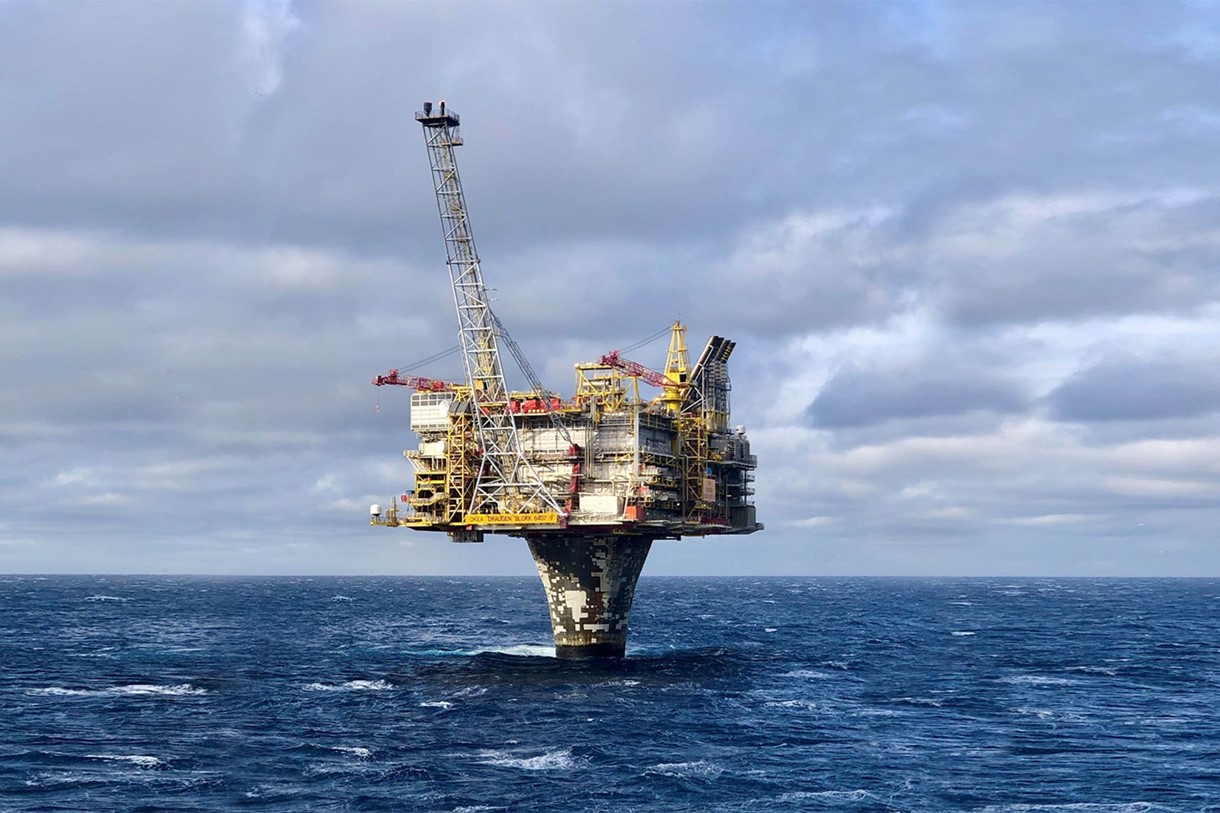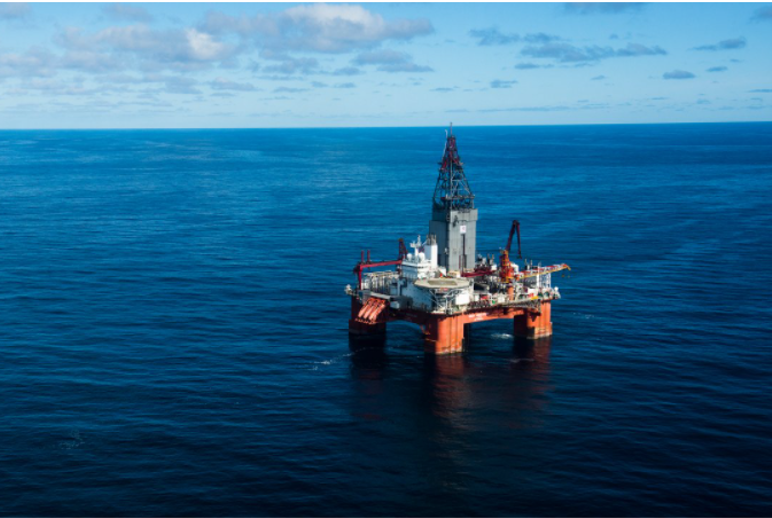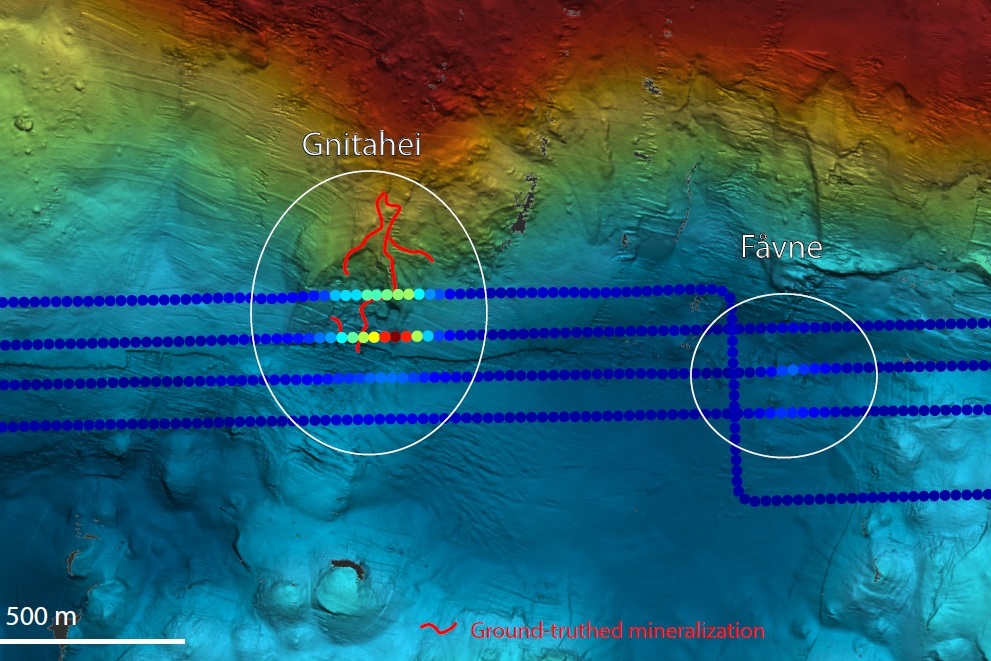In June 2020, the Norwegian Parliament implemented temporary tax changes in response to the industry challenges caused by the oil price drop and corona situation. The objectives are to ensure new projects are being invested in and to support the oil service industry.
The immediate industry response has been that Aker BP sanctioned the Hod redevelopment project and Equinor and Aker BP announced progress on the NOAKA projects. Furthermore, several other operators have expressed ambitions, incentivized by the tax changes, to progress existing discoveries towards a development decision. Examples of these discoveries are some of the most recent, i.e., Dugong (Neptune op) and Iving (MOL) and earlier discoveries including Alta (Lundin op), Brasse and Tor SE (DNO), Hades/Iris (OMV), Hasselmus (OKEA), Shrek (Aker BP/PGNiG), and Wisting (Equinor/OMV).
In summary, the temporary tax changes are to allow oil companies to expense investments in the year of investment instead of 6 years against the special petroleum tax (6 years still applies against company tax) and with an uplift of 24%, up from 20.8%. The changes will apply to any project sanctioned before end of 2022 (PDOs to be submitted before year end 2022). The implication of these changes is to reduce the break-even oil prices after tax (whilst pre-tax will not be affected). In addition, to improve oil company financial liquidity, any tax losses during 2020-2021 will be paid out, effectively putting all companies in full tax paying position.
WEPC’ inventory of existing discoveries on the NCS that could be sanctioned during the next few years includes more than 35 projects with combined resources of 3.8 bn boe and estimated investments of BNOK 350 and an average reduction in break-even oil price after tax from $31/bbl to $20/bbl (using 10% real term discount rate), see illustration below.

Of these, the Wisting and NOAKA projects account for more than BNOK 100 investments. In comparison, BNOK 148 were invested on the NCS in 2019, including investments in existing fields.
The oil company share of after tax investments (or capex) will be reduced from around 23% with the permanent tax system to 15% with the temporary tax changes (both numbers based on net present value using a 7% real term discount rate). The incentive, for the oil company, to sanction a project before the end of 2022 (the end of the temporary tax changes) is therefore equivalent to a capex increase of 50%, i.e. the oil company could be willing to accept up to 50% higher capex in order to meet the 2022 deadline.
Given the large inventory of existing discoveries and incentive to sanction projects before the 2022 deadline, there are some trends that may be anticipated, assuming the oil price recovers to “reasonable, stable” levels:
- Appraisal drilling and/or time critical near-field exploration drilling, should be prioritised, in any case to reduce risks of future reserve downgrades, when sanctioning new projects,
- Field development studies, concept selection and engineering work should be accelerated, with more oil company operators being active, and
- Wildcat exploration drilling may become lower priority (at least for frontier areas, where lead times for a development are longer).
WEPC’ inventory of exploration and appraisal wells remains high with around 70 wells to be drilled, only marginally reduced so far in 2020.
The well count for 2020 is expected to be 30, down from 50 expected at the beginning of the year. A large number of wells were pushed into the next year(s) due to the oil price drop and corona situation (which lead to operational limitations), but before the temporary tax changes were decided on. As an example, Vår Energi announced resuming its exploration drilling program in the Barents and North Seas due to the tax changes.
In summary, the temporary tax changes incentivized new projects being sanctioned. The exact impact remains, however, to be seen and depends on the continued oil price recovery. Ideally both exploration and appraisal drilling should be continued and the temptation to sanction projects with too high costs and reserves risks should be avoided.
This article also appeared in GEO 05/2020
ANDERS WITTEMANN
Wittemann E&P Consulting




